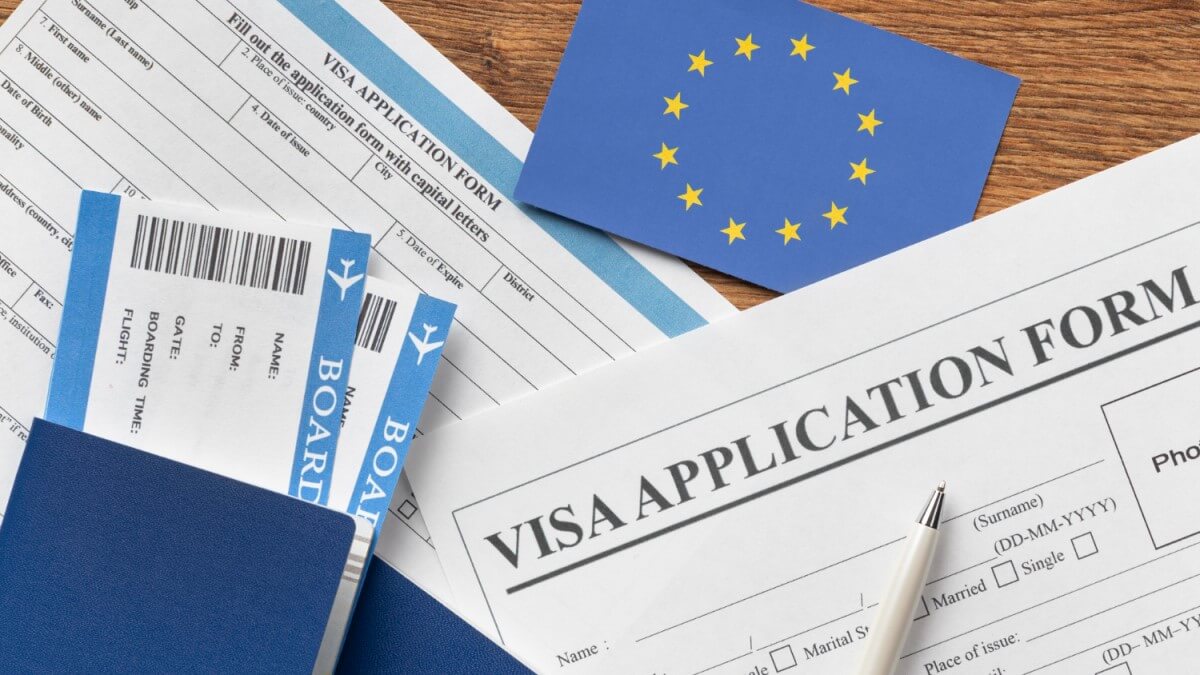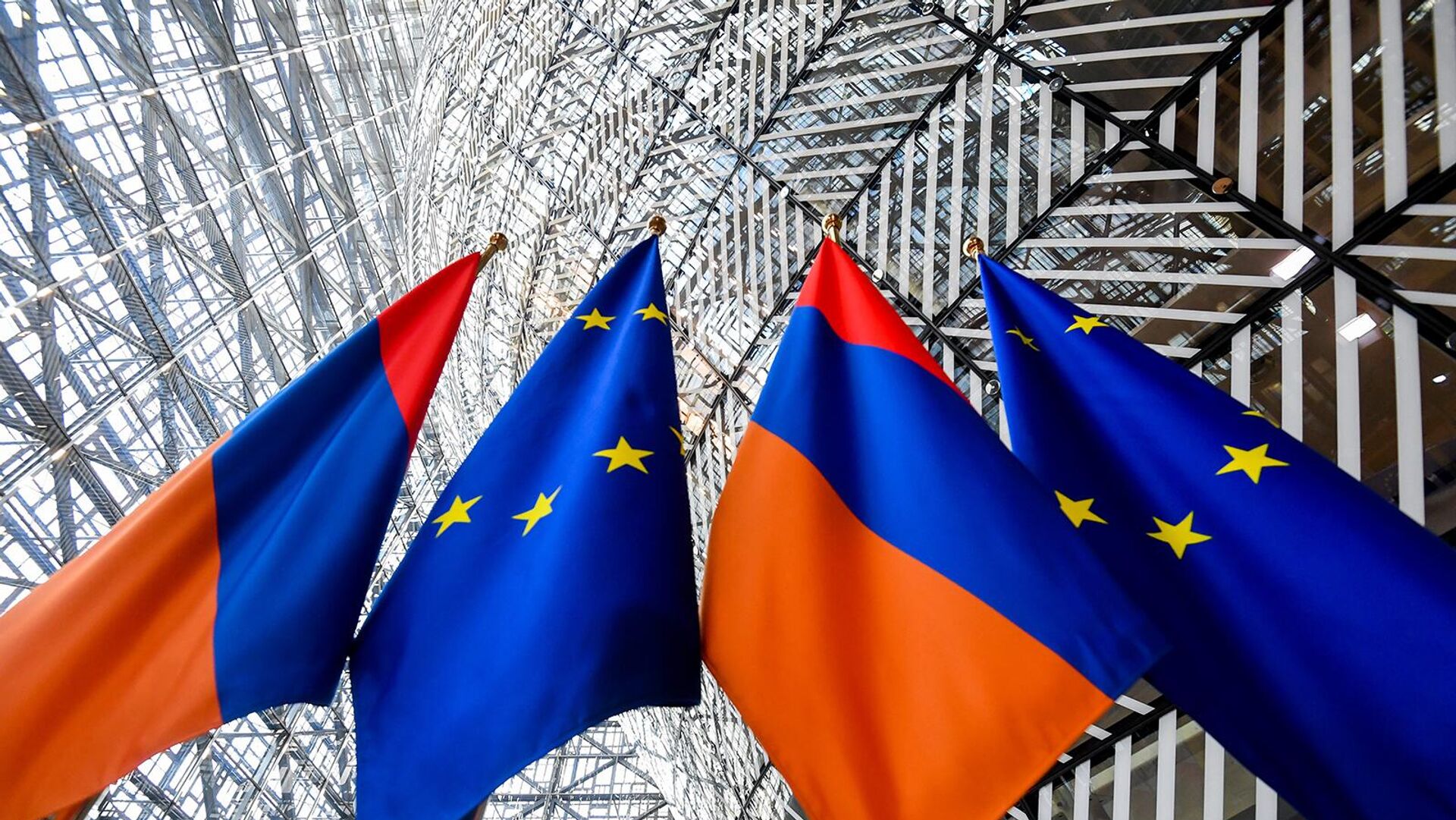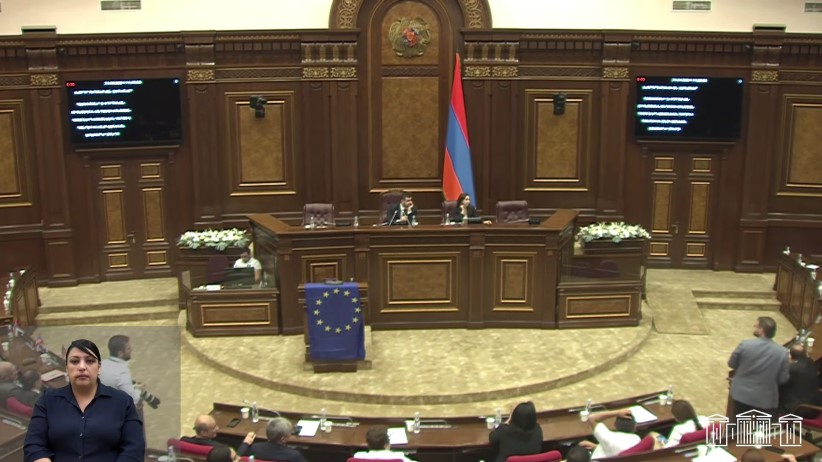"Visa granted, but denied entry to the Schengen area": Stories of Armenian citizens
Armenians denied entry to Bulgaria
Bulgaria is denying entry to Armenian citizens who have obtained Schengen visas, sending them back to Armenia. This information was reported by Radio Azatutyun (Liberty), which interviewed several citizens who were refused entry upon arriving at Sofia Airport. According to their accounts, border guards not only prohibited their entry but also detained them for hours or even days and, in some cases, subjected them to mistreatment.
The Armenian Ministry of Foreign Affairs explained that entry is denied because, when applying for a Schengen visa, the applicant specifies the purpose of their trip to a particular country. However, if the purpose of the visit or the itinerary changes after the visa is issued, entry may be refused.
For instance, one citizen indicated in their application that they planned to stay in Bulgaria for 10 days, providing a flight ticket and hotel booking as evidence. Later, it was discovered that the person intended to stay in Bulgaria for just three days and then travel to Italy or another Schengen country for the remaining seven days. However, reports suggest that entry was also denied to those who did not plan to travel to another European country.
Despite these issues, Armenian experts highlight positive trends in relations with the EU. Analysts believe that the EU has noted improvements and a reduction in risks related to illegal migration, which likely led to the decision to start discussions on visa liberalization.
- “EU decisions open new opportunities for Armenia”: a comment from Yerevan
- “This is just the beginning”: Armenia will receive 10 million euros from the European Peace Facility
- “Democracy for Armenia is a strategy, not a given,” says Pashinyan
From the plane to detention
Citizens who contacted Azatutyun claim there were no grounds for their entry bans. They were told that the reason for the ban was uncertainty about their purpose for visiting Bulgaria. However, they had all the necessary documents, including hotel reservations, return tickets, and insurance.
One of them, Aram Mnatsakanyan, described spending three days in a detention area at Sofia Airport with his friend. They were only allowed out under police escort to buy food and water. Mnatsakanyan also noted that the conditions in the detention area were so unsanitary that it was impossible to eat properly.
Mnatsakanyan recounted an incident where he and his friend were subjected to violence while attempting to eat in the cafeteria:
“They laid us both on the floor, handcuffed us, and my friend had a wound on his back with blood flowing. They demanded our phones. With only two hours left before our return to Armenia, we had no choice but to comply. They held our phones for an hour and deleted evidence of the abuse.”
The foreign ministry urges to “study migration rules of specific countries in advance”
The Armenian Ministry of Foreign Affairs and embassies have met with citizens facing such issues. The Ministry reports that the matter has also been discussed with the relevant authorities of the respective countries.
According to the Ministry’s statement, entry bans for Armenian citizens by European authorities can result from changes in the purpose of their visit. For example, applying for a visa for one Schengen country and then traveling to another:
“This is seen as a discrepancy between the declared and actual purpose or conditions of the visit. It should be noted that holding a Schengen visa does not grant an unconditional right to enter the Schengen area.”
The Ministry emphasizes that additional documents justifying the purpose of the visit may be required during passport control:
“Such verification actions are typically associated with countries where migration risks are considered high. It is important to understand that after receiving a Schengen visa, any discrepancy or subsequent unjustified change in the purpose, country, duration, or other conditions of the visit may lead to an entry ban and the cancellation of the issued visa at the border or even before departure.”
The Ministry advises Armenian citizens to study the migration rules of their destination country in advance and “assess the risks of violations and possible negative consequences.”
Commentary
Political analyst Aik Sukiasyan views the EU Council’s decision to begin negotiations on visa liberalization with Armenia as a crucial step toward the country’s European integration.
Sukiasyan notes that when making decisions regarding Armenia, the EU considered both the risks of potential reform failures and those related to illegal migration:
“Of course, there is a problem with illegal migration, but it is a global issue.”
According to the analyst, the EU is closely working with Armenian authorities to address illegal migration:
“Nevertheless, I believe that rapid visa liberalization from the EU is unlikely, given the lack of fully established democratic institutions in Armenia. If we had well-organized democratic institutions, I am confident that liberalization would occur within a year.”
Sukiasyan argues that Armenia’s reforms have not yet reached the desired level, so the EU will implement visa liberalization gradually:
“I hope that during this time we will learn much from the Europeans and improve our democratic institutions, making visa liberalization a step towards EU integration.”





















